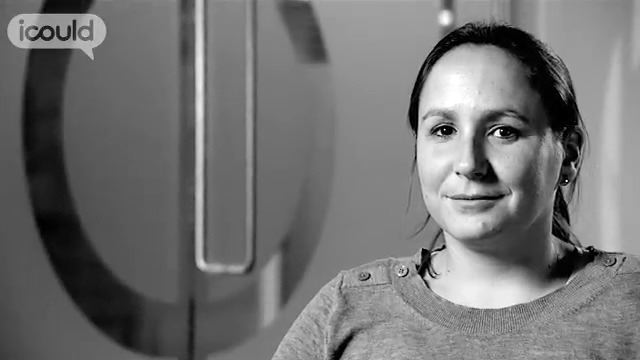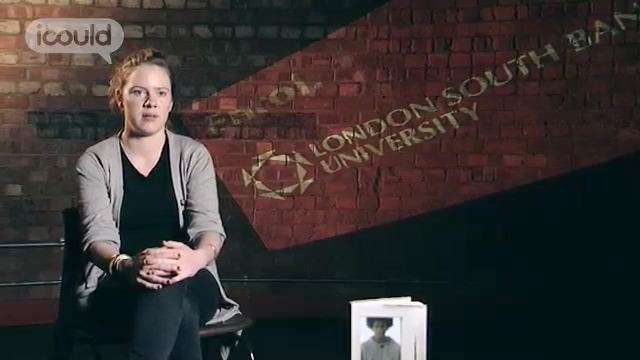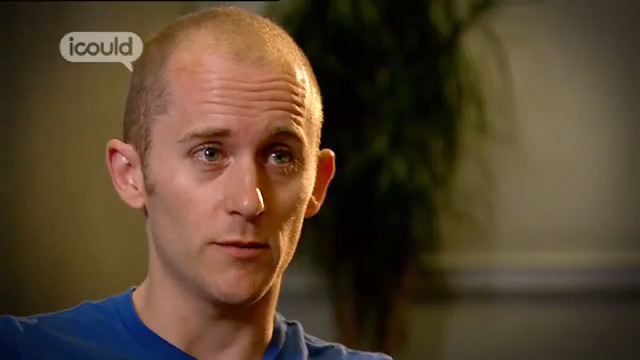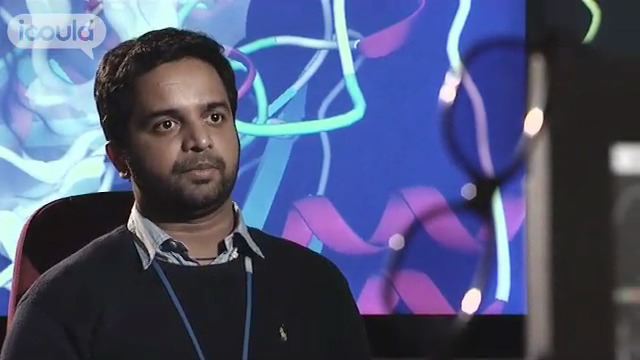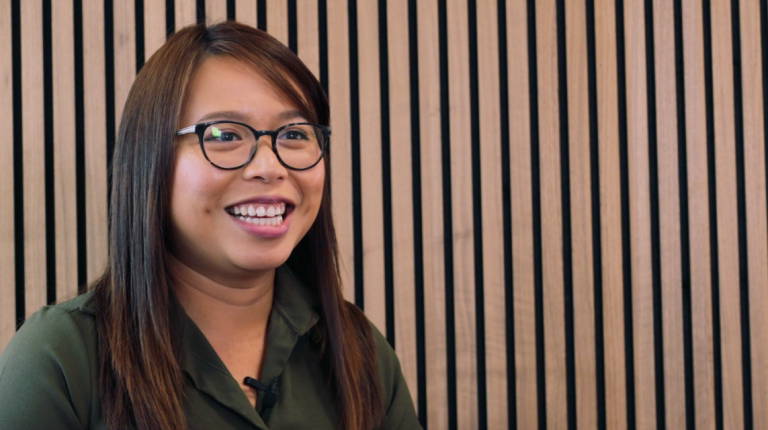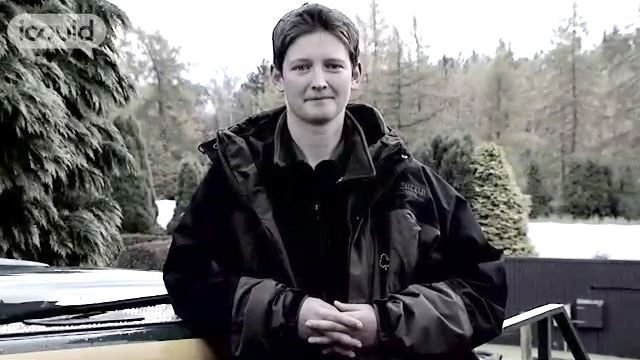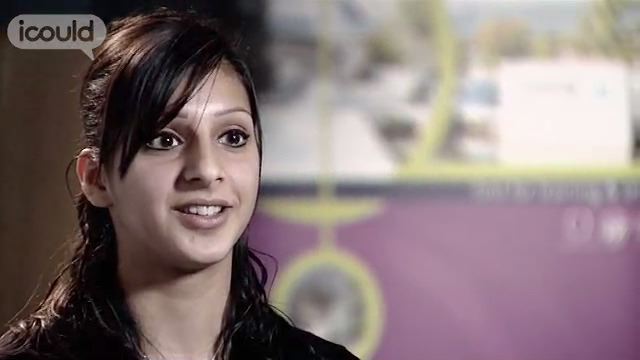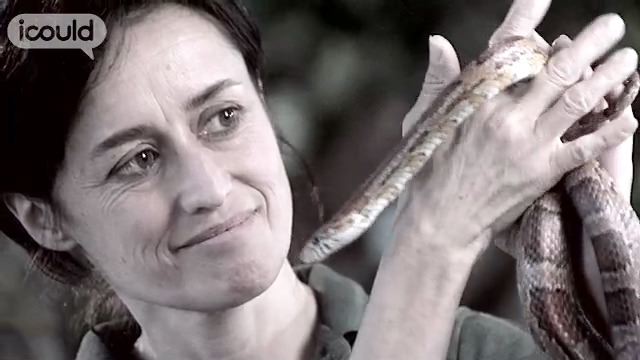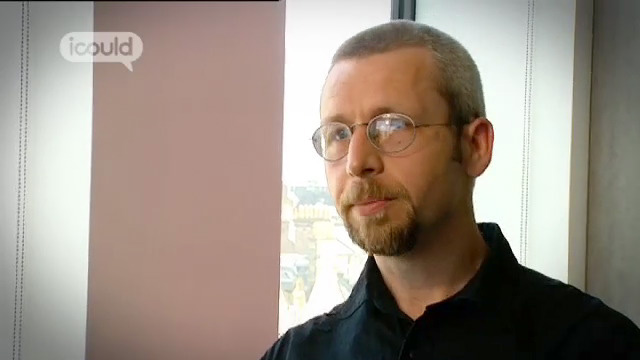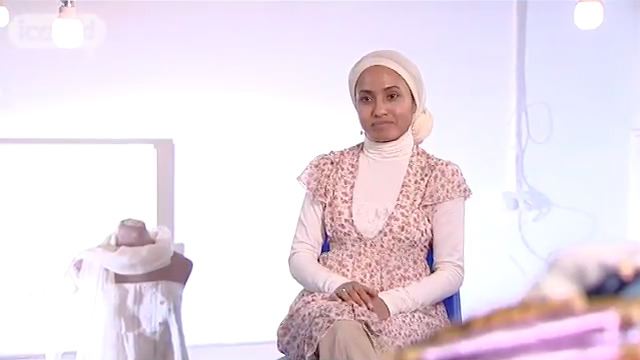Research Assistant
London South Bank University
Alice M
My name is Ali, I’m a research assistant at South Bank University. There’s all of these arts organisations that exist within the South… along the South Bank and bank side, and the idea was that they would broker partnerships between the arts organisations and the young people within the communities, and our job is really just to interview those young people who have been involved in the placements. A general week for me is I come into the office, I do administrative duties like sending out emails, trying to contact people about organising interviews with young people and also the project leaders.
The bits that I don’t enjoy are the fact that I have to work on my own a lot. My boss always says it is important I can work autonomously. Although he’s always on hand for support, it would be really nice to have colleagues. I really miss that. It’s quite lonely. I sort of get home and mum will ring, or a friend will ring, and I’m like ‘Wow, I haven’t spoken to anyone all day,’ and I’m just like ‘la la la’.
I never took school seriously. I didn’t realise how important it was. For me school was much more about figuring out myself, and about making friends and developing my social skills, and that’s certainly what it did for me. I was really bullied at primary school. When I went to secondary school, I was so keen not for what happened to me at primary school to happen to me again, and to be kind of popular and stuff, that I just didn’t pay much attention to what I should have been paying attention to at school. I was much more keen in getting people to like me and not being kind of the bottom of the pile. That was just… My school years were just dominated with that, with my social life and that sort of stuff. I don’t remember anything from school, nothing that I learnt.
I was desperate to leave school, and I was desperate to work, and I wanted to… Well, I wanted to be a mum, actually. I just wanted to be a housewife. And then I thought ‘No, that’s not going to work because I need to make money. I’m going to be too young when I leave school, so I’m going to have to get a job of some sort.’ So I thought that I wanted to go into childcare. I just loved children and I thought I wanted to go into childcare. My mum was a nanny, as well, so I thought maybe that’s what I’d like to do. And then I got my GCSE results and I got an A in art, so I was like ‘okay, maybe I’m good at that,’ and my art teacher, she was always very encouraging and I think she felt that she was the one teacher who could kind of engage me in that sort of thing, so she was always really kind to me and we had quite a good relationship, and she encouraged me to go to college to do art, so I did BTEC in general art and design.
I never thought when I was younger that I wanted to go to uni, but I never really thought that I didn’t either. There wasn’t much thought in it. It was very much a process of just grownups telling me what to do really. I didn’t think about what would make me really happy, I just went the kind of conventional route.
If I could do anything, what I’d love to do would be to set up centres, kind of like community centres, I suppose, and have one in each major area of London – North, South, East and West – and they’re kind of like networks really to bridge gaps between kind of industry, between public and private sector, between cultural and arts organisations, and then just to kind of act as the resource for people from the community to tap into.
The book, really, I mean the reason I bought it was because the woman who wrote it, Camilla, I’d read an article about her in my local paper and she was described as like the angel of Peckham, and this book that she’s written is about… is letters that she’s written to young people, apologising to them on behalf of society and areas that has let them down. It really inspires me a lot, like, whenever I’m feeling like I can’t achieve the things that… I do a lot of youth work in my area, as well, and I’ve just set up a youth theatre company. Whenever I’m starting to feel a bit beat about it, I start to read one of her letters and think ‘No, like I’ve got to keep going because there’s a lot of young people out there who need the support.’
Alice M is a research Assistant at London South Bank University. She says “I never thought when I was younger that I wanted to go to uni, but I never really thought that I didn’t either.” However she did better than expected at Art and that set her on her track to College.
